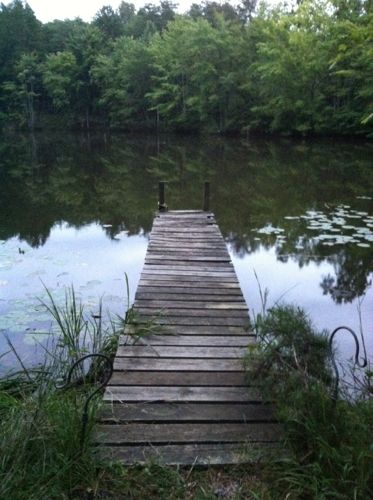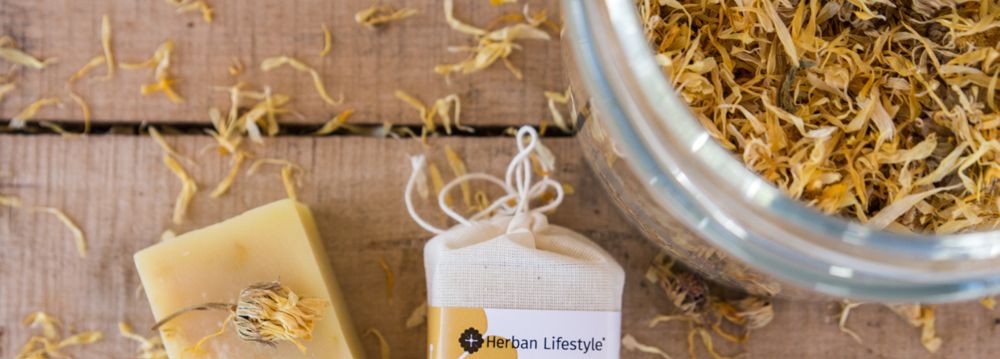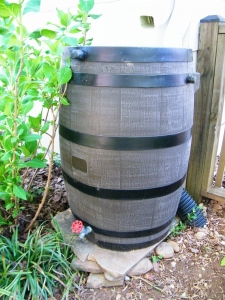 The following post is by Herban Lifestyle interns, Maggie Mascarenhas and Chelsie Lawrence.
The following post is by Herban Lifestyle interns, Maggie Mascarenhas and Chelsie Lawrence.
August is National Water Quality Month, so we will be dedicating the next few weeks to posting tips on easy ways to conserve and protect our most precious element! We also thought it would be fun to share with you some of the ways that we at Herban Lifestyle strive to do our part to save water.
Our Products
Herban Lifestyle products are free of chemical preservatives like parabens and phthalates, which are known endocrine disruptors (hormone-mimicking compounds that interfere with your body’s normal hormone function stimulating cancer development and triggering immunity, fertility, metabolic, developmental and cognitive problems). Endocrine disrupting chemicals can be found in a wide variety of personal care products, cleaning products, toys and even food. Not only are these chemicals bad for human health, but when we use them, they end up in our water systems, polluting the water and causing health problems for fish and amphibians.
All of our plant-based ingredients are carefully screened to make sure they are grown without pesticides, which prevents water pollution through runoff from the farms where they are grown. By preserving these water systems, we not only protect the animals that call these systems home, but also help ensure that future generations of people will have clean water to drink. And since all of our products are made with natural ingredients, such as certified organic vegetable oil, instead of harsh chemicals, they are all completely biodegradable.
Our Process
Our rain barrel captures waters for our gardens, we use ENERGY STAR appliances (ENERGY STAR qualified dishwashers save, on average, 1,300 gallons of water over their lifetime), we filter water for drinking rather than buying bottled water, and we don’t make water-based products (which saves water, uses less packaging, costs less to ship and negates the need for preservatives).
Our Suppliers
At Herban Lifestyle we carefully research our suppliers to make sure that they use environmentally sustainable practices, including water conservation. One of our main essential oil suppliers, Mountain Rose Herbs, is also a Green America Gold Certified company and embraces sustainability and environmentally responsible manufacturing processes. The Mountain Rose Herb River Project, for example, focuses on cleaning and sustaining river ecosystems, stream health, and fish habitats. By only using suppliers that adhere to a strict standard of water conservation and preservation, we further cut down on our water waste and help minimize water pollution.
We realize there is always more that we can do to protect this most precious of commodities. What are some of your favorite water-saving/preserving tips?



